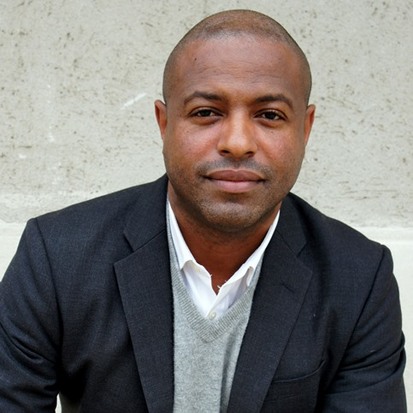According to a United Nations report, more than half of the world's population resides in cities - and, if current trends continue, that number will likely increase to 66 percent by 2050. For many urban areas, this growth will strain existing infrastructure, housing, transportation, and energy resources, potentially resulting in a wider inequality gap between the rich and poor.
While most of the world's megacities are, and will likely continue to be, outside the United States, this rapid urbanization still affects us. Despite growth, many cities are facing increasing economic inequality, aging infrastructure and housing stock, and environmental degradation including poor air quality, water shortages, and exposure to toxins, affecting the quality of life for all residents. As cities continue to grow and adapt, how can urban planners, policymakers, and practitioners alike work to achieve social and environmental equity through sound city planning?
Malo A. Hutson, Ph.D. is an Associate Professor in Urban Planning at Columbia's Graduate School of Architecture, Planning, and Preservation (GSAPP) and Director of the school’s Urban Community and Health Equity Lab. He is a widely-recognized scholar, teacher, and practitioner whose research at the intersection of urban planning and health inequities is relevant in the planning of today’s cities across the United States and around the world.
Join us as we explore the intersection of social justice and urban planning - and discuss the steps we can take to create more inclusive, resilient, and equitable cities.
This forum is the keynote of the American Planning Association (APA) Cleveland’s We Plan CLE initiative, an annual event series open to all designed to foster discussion and innovation.

